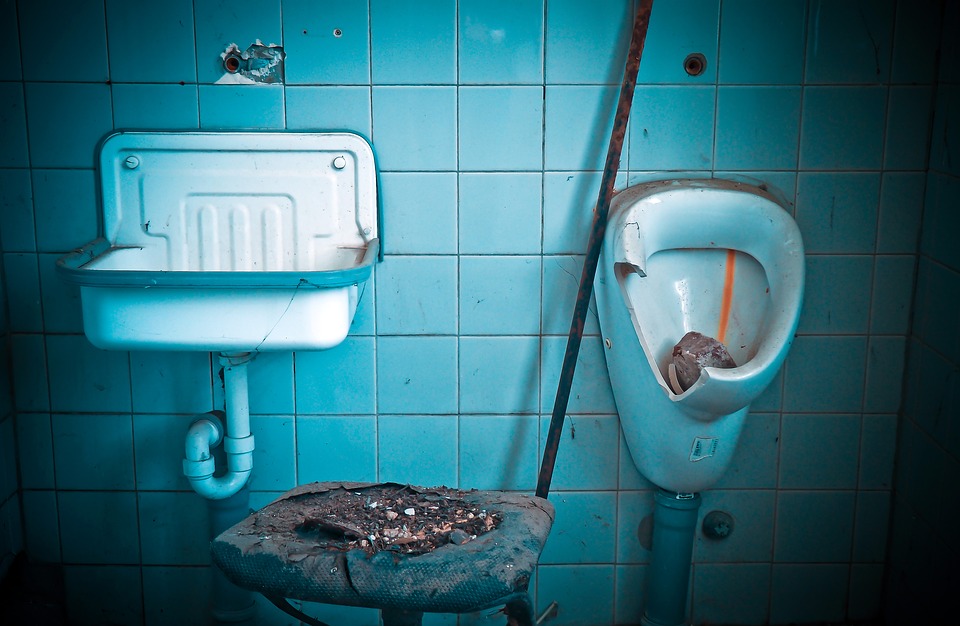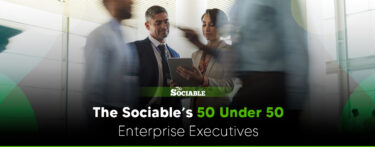Always read the terms and conditions before logging on to public Wifi, or you may be one of the 22,000 people who volunteered to scrub toilets for access.
Public Wifi provider Purple added an interesting addition into their terms and conditions agreement. The company included the below in order to test customers willingness to read T&Cs when agreeing to use public Wifi.
“The user may be be required, at Purple’s discretion, to carry out 1,000 hours of community service. This may include the following. Cleansing local parks of animal waste. Providing hugs to stray cats and dogs. Manually relieving sewer blockages. Cleaning portable lavatories at local festivals and events. Painting snail shells to brighten up their existence. Scraping chewing gum off the streets.”
Over 22,000 people signed up to this term when accessing free Wifi, with only one person highlighting its presence. Fortunately for the oblivious participants they won’t need to roll up their sleeves and get scrubbing any time soon. The term was originally added as a prank to point out users lack of attention to detail when signing up to public Wifi.
“Wi-Fi users need to read terms when they sign up to access a network. What are they agreeing to, how much data are they sharing, and what license are they giving to providers? Our experiment shows it’s all too easy to tick a box and consent to something unfair,” says Gavin Wheeldon, CEO of Purple.
The prank was also part of a larger announcement that Purple is now the first compliant Wifi provider for the upcoming changes regarding the General Data Protection Regulation (GDPR). By May 25th 2018, companies that breach consumer rights will be fined 4% of revenue or 20 million Euros, whichever is greater.
Despite its hilarious nature, this prank demonstrates a deeply worry threat that we have conditioned ourselves to ignore. When we see “Terms and Conditions” it’s fair to assume our brain naturally associates these words with “Accept”. However, there are far more dangerous terms out there to agree to, and worse, far more dangerous individuals potentially lurking on public Wifi hotspots.
To test the simplicity and ease of which a hacker can take your information, a Dutch journalist enlisted the help of a computer hacker to test out your their local coffeeshop in Amsterdam. Within no time they were connected to the Coffeeshops network and had an omniscient view of devices and activity. Using only $80-$90 worth of technology and a basic understanding of computing, these two were able to obtain a frightening amount of information.
There is not a great deal of knowledge regarding how many hackers operate on public Wifi, and nobody has ever been arrested for Wifi hacking, making this crime incredibly appealing due to the very low risk of being caught. You may consider yourself safe as hacking is often portrayed in films as difficult and complex.
However, as this seven-year-old demonstrated, anyone can learn how to hack a network in a short space of time.
“If you’re using Wi-Fi in a public place and you’re not getting hacked, it’s only because there’s nobody around bothering to do it,” says Robert Graham, CEO of consultant agency Errata Security.
Hackers are known to employ a number of methods to get at your data in public places. One of the most popular methods is known as a Man-in-the-Middle Attack. Essentially when data is unencrypted a hacker can visibly see the information that passes between the individual and the websites they visit. This often includes sensitive details such as browsing activity, account log in passwords and purchase transactions.
Read More: 5 Simple Tips To Protect Your IoT Devices From Unauthorized Access
Another popular tactic is to create a Rogue Hotspot disguised to look like a legitimate source of public Wifi. Once individuals connect hackers are able to see data and information of the unsuspecting victim and can even inject malware into their device.
All of this information might sound frightening. All you want to do is use the Wifi to check your emails, the next thing you know your email has been hacked and you’ve just agree to a 1,000 hours of cleaning toilets. Fear not! There are ways you can protect yourself when using public Wifi.
While using Public Wifi try to avoid visiting password protected sites such as banking, social media and email. It may sound tough considering our dependency on these sites, however the damage done if you are hacked might be considerably worse. More, check your software on your device is up to date and patched. If you do need to use public Wifi, always make sure you use a Virtual Private Network (VPN) to secure your connection.
Our society and technology has fostered an attitude of immediacy. We expect everything instantly, our Amazon orders, our food and, above all, our internet connection. In our hurried lifestyle it can be easy to forget the importance of taking a second to read what we are signing up for or too even consider if it is safe.
The best remedy for all of this is to avoid free public Wifi altogether, however we understand the temptation to check what’s happening in the world can sometimes get the better of us. When this does happen, make sure you know what you are signing up to and take a moment to consider how safe the network you are using actually is.
As the old saying goes “There’s no such thing as a free lunch,” but perhaps it’s worth considering this the next time you sign on to “Free” Wifi.












